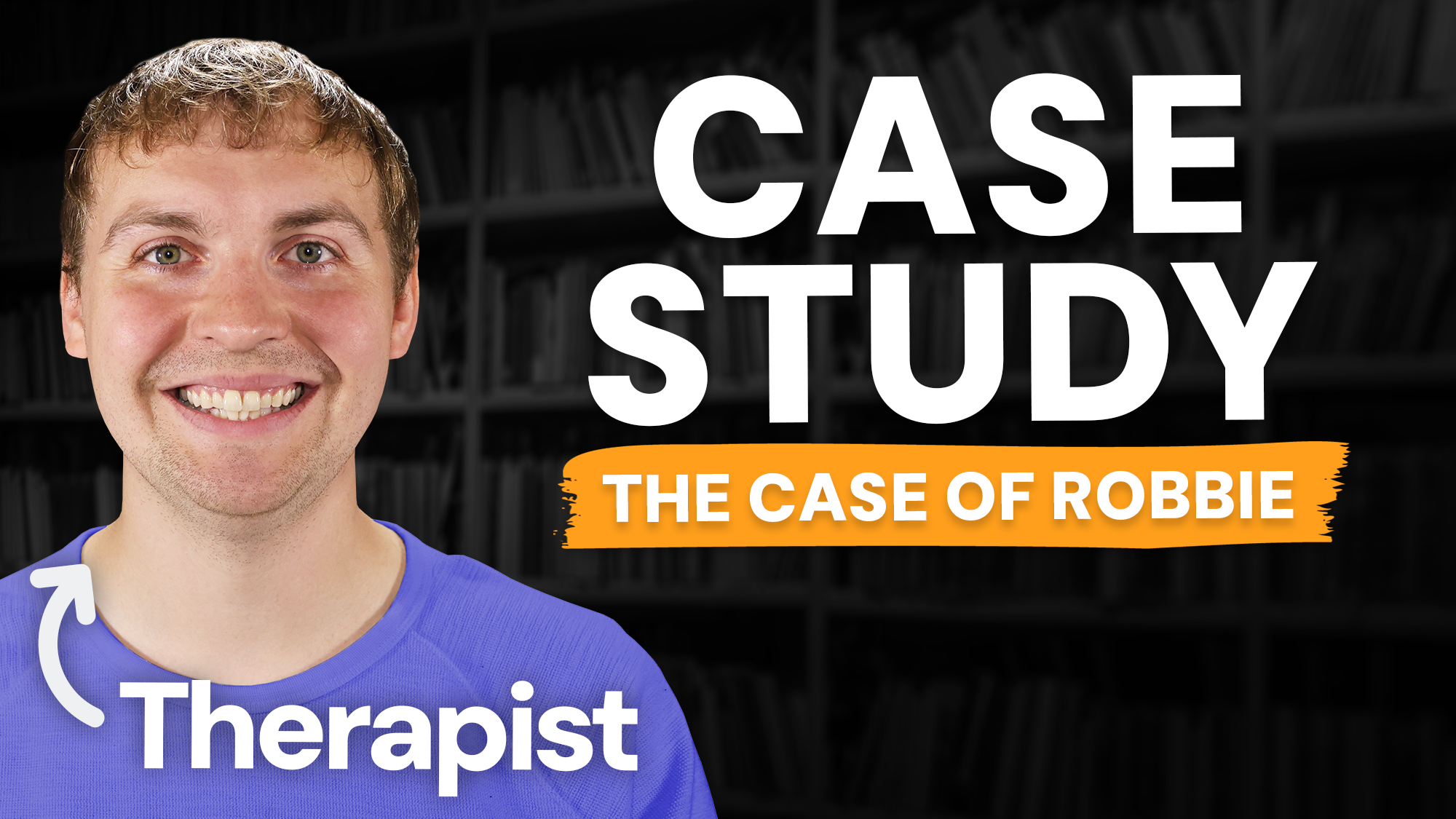
What is a self-help group? What is a support group? How are they the same, different?
In the category of Group Work on the National Counselor Examination (NCE), the Counselor Preparation Comprehensive Examination (CPCE), or another counseling exam, having an idea of the various types of groups is helpful.
What is a self-help group? What it takes to be a self-help group is quite simple. Really, it just takes a group of people (generally referred to as members) that are all working together on the same thing. It might be that they are coping with the same issue, or working to manage the same problem, but they all have a shared goal. A second aspect is that self-help groups are not run by professionals, although they may consult a professional. Instead, it is the members that learn from and support each other in self-help groups. Often, these groups will follow a 12-step program (such as Alcoholics Anonymous does), but this is not a requirement of a self-help group. Additionally, self-help groups are generally voluntary.
What is a support group? Many people say that a self-help and a support group are the same. That said, some do make a distinction between them. For those that consider them to be different, they say that a support group may be run by an organization (rather than individuals) and that there may be a fee charged for the group (where a true self-help group would be free). Again, not all observe support and self-help groups to be different though and they are largely the same.
Are there other names for a self-help group? Yes, as with many things in the field of psychology, self-help groups may go by multiple names. As discussed above, they may be referred to as support groups by some. You might also hear a self-help group called a mutual aid group.
With the description of self-help groups discussed above, you can likely see how they can help to navigate a wide variety of problems that are shared between people. Because of this, they could help people navigate a huge variety of things that come up in life. We do see that there are some areas they seem to show up in more often though, which are covered below.
Substance Use Groups: Self-help groups a common way that people help manage substance use concerns. Some common examples of this are Alcoholics Anonymous or Narcotics Anonymous groups. For substance use self-help groups, these will usually use the 12-step format that was mentioned earlier, and this format helps to guide members through various steps/stages of managing their addiction. Many people find groups that address concerns with substance use to be extremely helpful, and these groups can be found all around the United States.
Weight Management Groups: Self-help groups are common for weight management and concerns related to eating. Although some would technically categorize it as a support group, Weight Watchers is a well-known example of a group that helps with concerns related to weight and eating. That said, there are other groups that target weight and eating that are not within the Weight Watchers organization, this is simply an example. Either way, these groups can help people feel supported, learn about others experiences, find validation in their struggles, and learn strategies that are helpful for others in the group.
Grief & Loss Groups: Self-help groups for grief and loss are a very common group people seek out. Although losing people that are important to us is a fact of life, that does not make it easier. These groups can be helpful to allow people space to be understood and not feel alone, while also being able to find ways to help manage grief.
Caregiver Groups: Self-help groups for caretakers are common, and can take many forms. It may be a general group for supporting parents, or helping with parenting skills and strategies. Or, it may be more specific to those who are in the caregiver role for their own parent or another loved one. These groups might also provide help to those caring for people with a specific concern, such as caring for someone with dementia or a specific disability.



If you or someone you know are needing immediate mental health assistance, please call or text 988, contact a local emergency telephone number, or go to the nearest emergency room.
By interacting with this website and channel, this does not constitute a therapist/client relationship. This content is intended for the purposes of entertainment and mental health education.
View additional disclaimers and notices on our Disclaimers page.